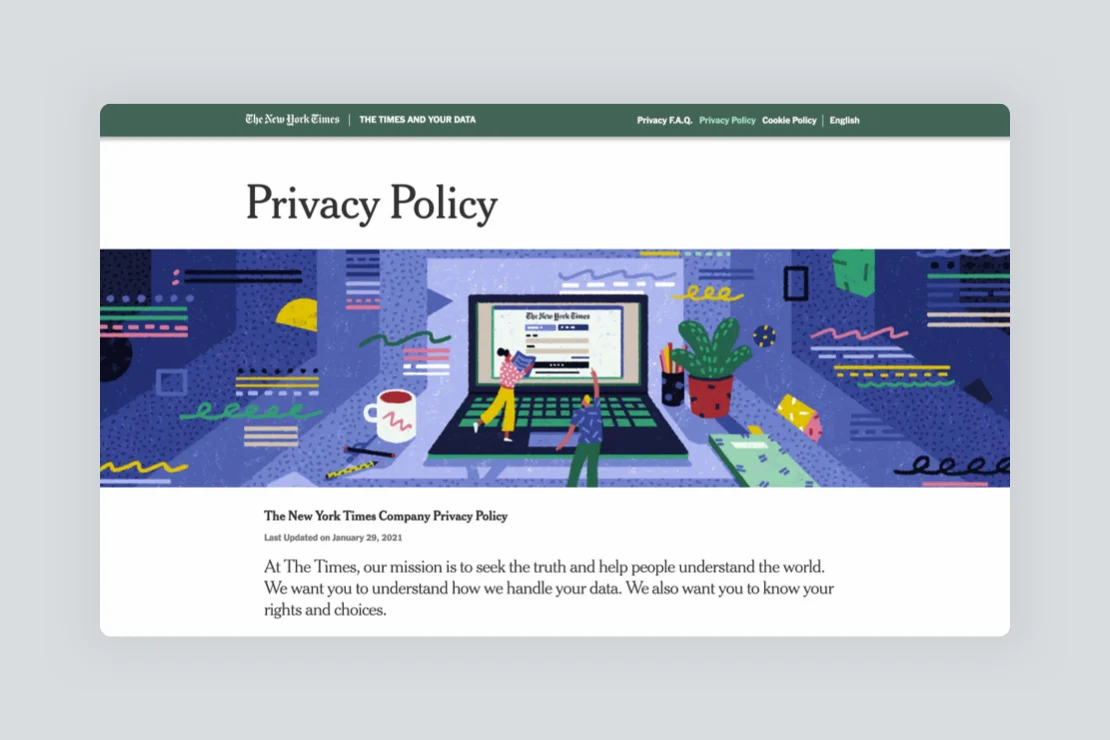Enhancing User Privacy On Social Media: Insights And Strategies

In today's digital age, user privacy on platforms has become a pressing concern. With social media being an integral part of our lives, understanding how to protect our personal information is essential. This article will explore the importance of user privacy, Mark Zuckerberg’s initiatives to enhance it, and how users can navigate privacy settings effectively.

Introduction to User Privacy
User privacy refers to the ability of individuals to control their personal information on social media platforms. It is crucial because our online presence can significantly impact our personal lives, careers, and mental well-being. However, users face numerous challenges regarding privacy, including data breaches, targeted advertising, and inadequate privacy settings.
For instance, a survey by the Pew Research Center indicated that 81% of Americans feel they have little control over the data collected by social media platforms. This statistic underscores the urgency of addressing user privacy on platforms.
Zuckerberg's Initiatives for Privacy Improvement
Mark Zuckerberg has taken significant steps to enhance user privacy on Facebook. One major initiative is the introduction of the "Privacy Checkup" feature. This tool allows users to review and adjust their privacy settings easily. Additionally, Facebook rolled out "Clear History," which enables users to see and delete their browsing history linked to their accounts.
Another notable feature is the "Off-Facebook Activity" tool, which provides transparency on how third-party apps collect and use user data. Furthermore, Facebook has implemented stricter data access policies for third-party developers to protect user information better.
These initiatives reflect Zuckerberg’s commitment to improving user privacy, responding to public demand for greater transparency and control over personal data.
Understanding User Privacy Settings
Navigating social media privacy settings can be daunting. Here’s a step-by-step guide to adjusting privacy settings on Facebook:
- Go to Settings: Click on the downward arrow in the top right corner and select "Settings & Privacy."
- Privacy Settings: Choose "Privacy" from the left sidebar to access your privacy options.
- Edit Your Settings: Review your options, including who can see your posts, friend requests, and profile information.
- Limit Past Posts: You can limit the audience for past posts by selecting "Limit Past Posts."
- Manage Apps and Websites: Under "Apps and Websites," you can see which apps have access to your data and remove any that you no longer use.
By actively managing these social media privacy settings, users can better protect their personal information.

The Role of Regulations in User Privacy
Privacy regulations like the General Data Protection Regulation (GDPR) and the California Consumer Privacy Act (CCPA) have significantly impacted social media platforms. The GDPR mandates that companies obtain explicit user consent before processing personal data. This regulation has forced Facebook to enhance its transparency regarding data collection practices.
Moreover, the CCPA provides California residents with rights such as knowing what personal data is collected and the ability to request its deletion. These regulations not only protect user consent in social media but also bolster data protection on Facebook, fostering user trust.
However, compliance with these regulations requires constant updates and improvements to platform policies, which can be challenging for companies.
Future of User Privacy on Social Media
Looking ahead, the future of user privacy on social media may see even stricter regulations and improved privacy features. Experts predict that as data breaches become more common, public demand for privacy will drive platforms to adopt more robust security measures.
Statistics from a recent study suggest that 70% of users are willing to pay for better privacy protection. This trend indicates a shift towards prioritizing privacy in the social media landscape. Companies like Facebook will likely continue to innovate and introduce new features to meet these evolving demands.
Real-world examples, such as the fallout from the Cambridge Analytica scandal, demonstrate the importance of user privacy. Users are increasingly aware of how their data is used and are advocating for change.
Conclusion
User privacy on platforms is a critical issue that requires attention and action. Understanding privacy settings, keeping abreast of regulations, and being aware of initiatives like those of Zuckerberg can empower users to protect their personal information effectively. As social media continues to evolve, staying informed about privacy will be vital for all users.
Take control of your online presence today—review your privacy settings and stay informed about new features and regulations that can help safeguard your information.